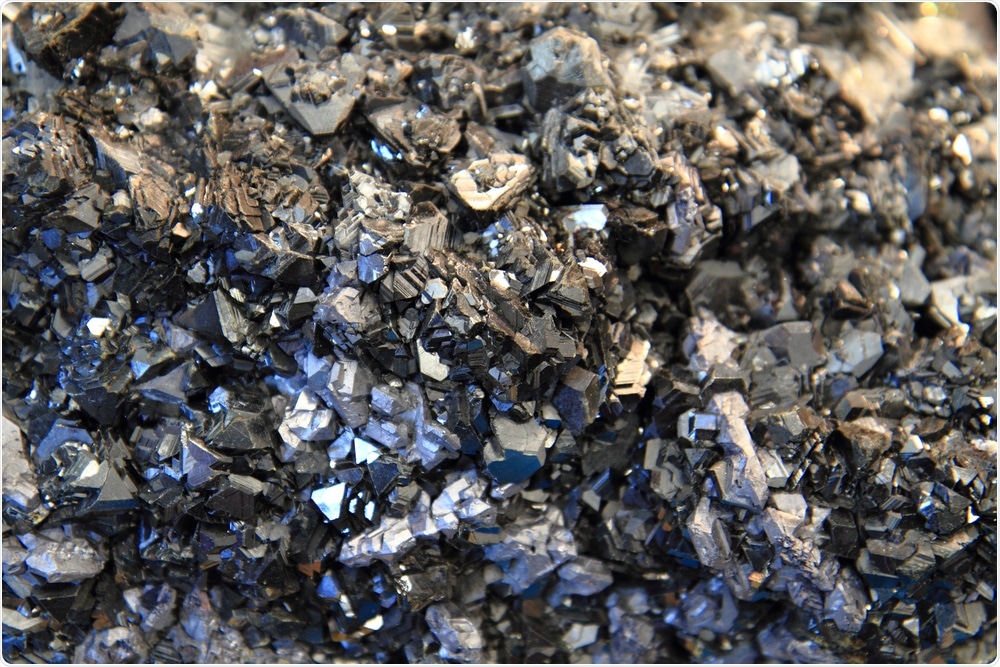A study has found that treatment-resistant hypertension may be associated with low-level accumulation of lead in the shin bone of men.
 Image Credit: Jiri Vaclavek / Shutterstock
Image Credit: Jiri Vaclavek / Shutterstock
As reported in the Journal of the American Heart Association, Park and team tested lead levels in the blood, kneecaps and tibia of 475 men with hypertension, 97 of whom had high blood pressure that did not respond positively to treatment.
The men were monitored by the Normative Aging Study (NAS), a longitudinal Veterans Affairs study started in 1963 to characterize health and disease risk factors that impact the aging process.
After adjusting for age, race, body weight, cigarette smoking and other demographic, lifestyle and socioeconomic factors, the researchers found a 19% greater risk of resistant hypertension for every 1 µg increase in lead in the tibia.
No such significant association was identified when the kneecap or blood were tested.
Our study demonstrates that cumulative lead burden, as measured by cortical bone in the tibia (shin bone), may be an unrecognized risk factor for drug-resistant hypertension. We believe this is the first study to find this association.”
Professor Sung Kyun Park, Lead Author, University of Michigan
Park says that laws limiting exposure to lead have been around for decades but that it has recently been recognized that lead remains an environmental toxin that is still with us.
He suggests that this likely reflects the long after-effects of historically high lead exposures, but that it could also reflect ongoing exposure to lead as the result of an aging infrastructure where many urban areas still have older, lead-containing water pipes.
Since the lead problems in the drinking water in Flint, Michigan, have surfaced, the issue has become more troubling, especially in older U.S. cities."
Professor Sung Kyun Park, Lead Author
Source:
Lead accumulation in shin bone may be associated with resistant high blood pressure.